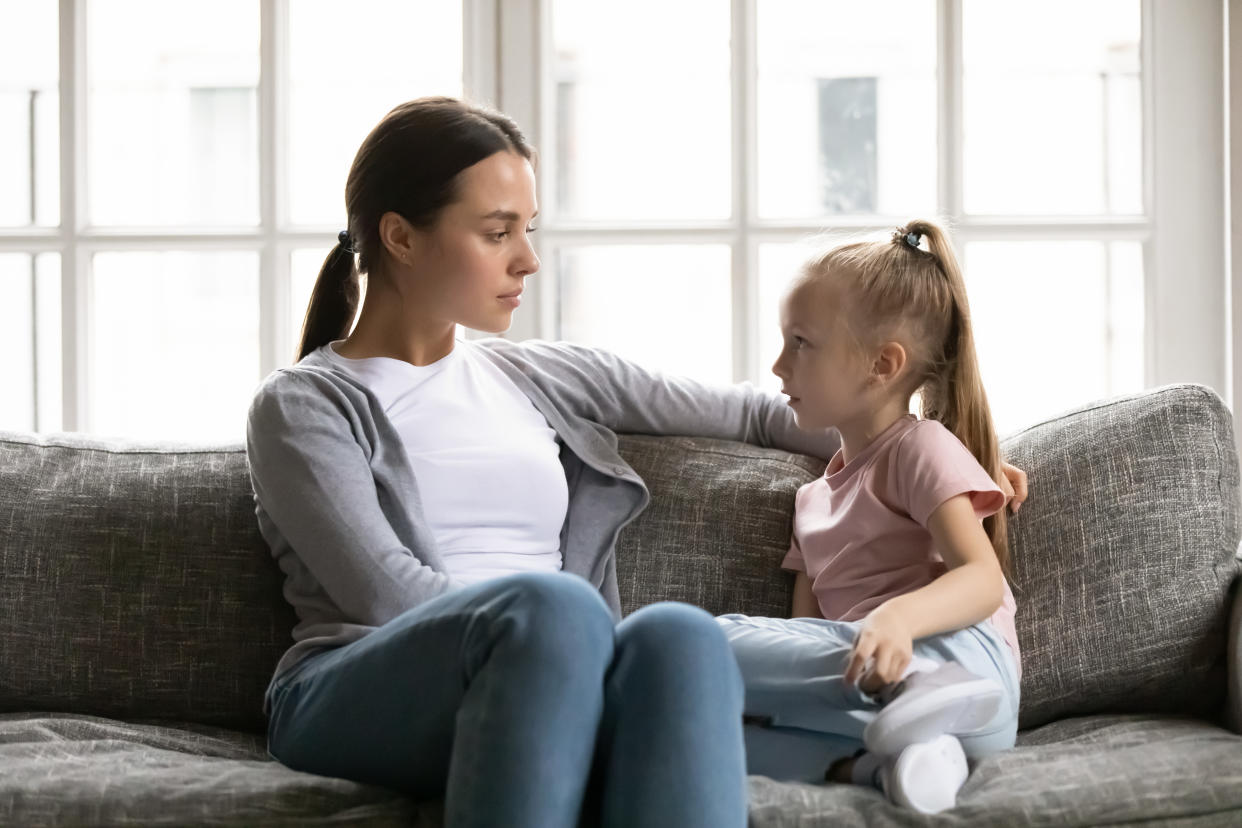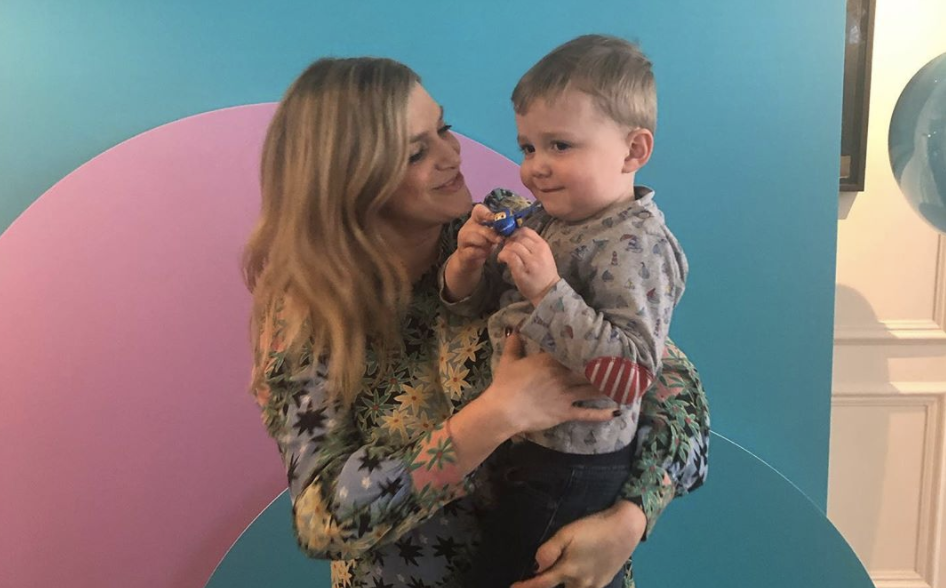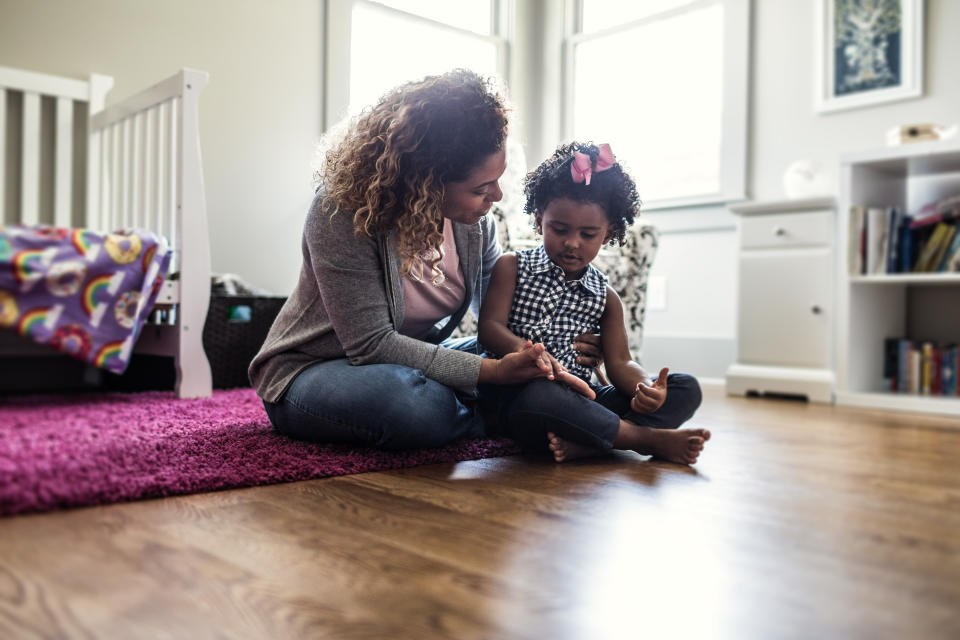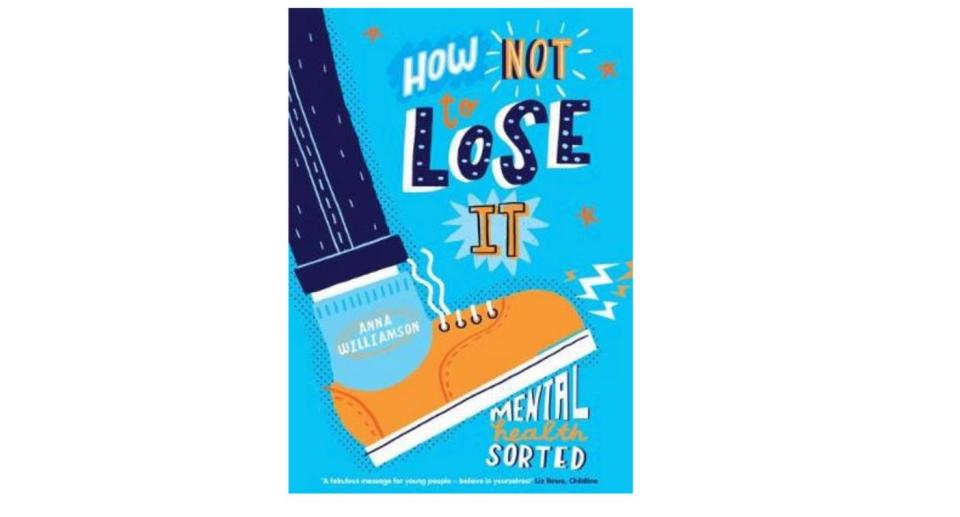How to talk to your kids about coronavirus without worrying them

Anna Williamson is a life coach, counsellor, author and TV and radio broadcaster known for presenting E4’s Celebs Go Dating. Here she gives advice on talking to your children about coronavirus.
Life at the moment can feel a little bit like we’re stuck on a hamster wheel, can’t it?
The daily ‘new normal’ routine, if you’re anything like me and my family, looks something like:
wake up at some ungodly hour with the children
embark on a day of childcare and work-juggling, trying not to get too frustrated at the lockdown restrictions still in place
waiting for the daily ‘reward’ of a welcome G&T post work/when the kids are in bed.
Amongst the juggle it can sometimes pass us by to really interact and connect with what the little people in our lives are thinking and feeling about this stray from the norm, and I mean really connect.
It’s certainly no judgement on any fellow parent at present - the level of empathy I have for being the cook/entertainer/cleaner/teacher/trouble shooter/provider/bum wiper is sky high.
Believe me, I’m with you my friend.
But how many of us can say they’ve regularly communicated with their offspring about the current global pandemic; what it means, what it’s about, why we have to do what we’re doing, and most importantly what they think about it all?

Read more: How to avoid a lockdown break-up
Writing my book for children aged 9-14, How Not To Lose It: Mental Health Sorted, flagged to me the need and desire young people have to be included in conversations that affect them (directly or indirectly).
They can cope with age-appropriate information.
In fact, it’s far preferable than to give a fabricated untruth which could cause even more worry and confusion.
The key to keeping our children happy and healthy mentally is to talk, listen, be available, and check in with them regularly to see how they’re feeling.
Us adults have good days and bad days - and so do our kids.
My son is three-and-a-half years old - an age one might presume is too young to understand and be communicated with about adult stuff such as the coronavirus outbreak.
However, even with my experience of working with young people, I was slightly surprised when my little lad articulately told me during lockdown: “Mummy, Boris says we can’t see Granny for another three weeks because of corOWNavirus – that’s aaaagggeessss.”
Read more: Why parenting in a pandemic doesn’t mean you have to be Mary Poppins overnight
Kids are smart. They see and they hear, and they are like sponges.
My boy has heard the radio, the daily TV briefings, conversations between his Dad and me, and he’s absolutely worked it all out by himself.
So it’s up to me as his parent to make sure that age-appropriate information and reassurance comes frequently.
How do I do this? Make sure what he’s heard and how he’s processed it is factually correct and re-told in language he understands.
He knows coronavirus as a germ that can make us poorly, so we must all stay at home until it’s gone – but, crucially, we reassure him that it WILL go.
Encourage your children to explore and name their feelings, we use ‘happy, ‘sad’, ‘worried’, ‘angry’ and ‘excited’ and will often act out a facial expression to accompany it so he can tell us what he’s feeling from one day to the next.

Read more: Four simple tips to help reduce anxiety in these uncertain times
For older children and teens, it’s about choosing the right time to have a chat.
Don’t just spring well-meant questions on your child when they’re in the middle of something else (you’re likely to get a grunt and minimal communication).
Instead, let them know you’re available to chat and listen to them anytime, and that you’re there to support them and keep them safe and well.
It sounds simple, but it can have such a positive effect.
It’s not just us adults who are being affected by this strange time, as important as it is for us to talk and offload our fears, worries and frustrations, it’s also super important we teach our little ones how to do the same.
Shop Anna Williamson’s Book
Yahoo Lifestyle is committed to finding you the best products at the best prices. We may receive a share from purchases made via links on this page. Pricing and availability are subject to change.



